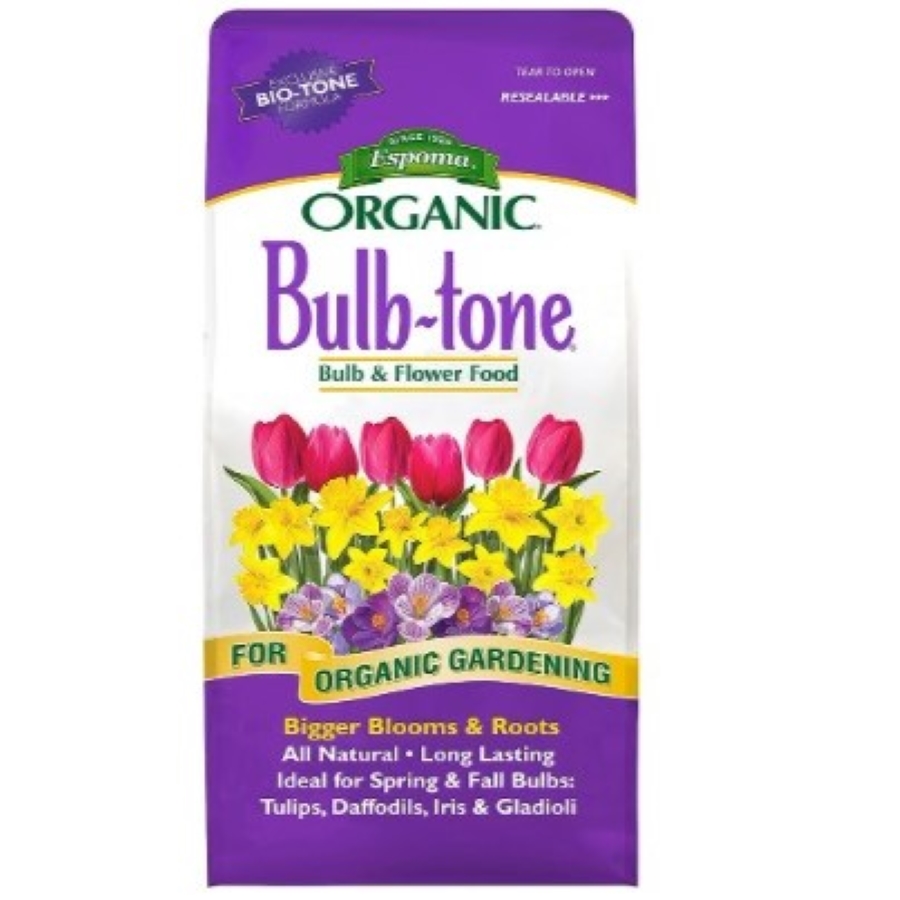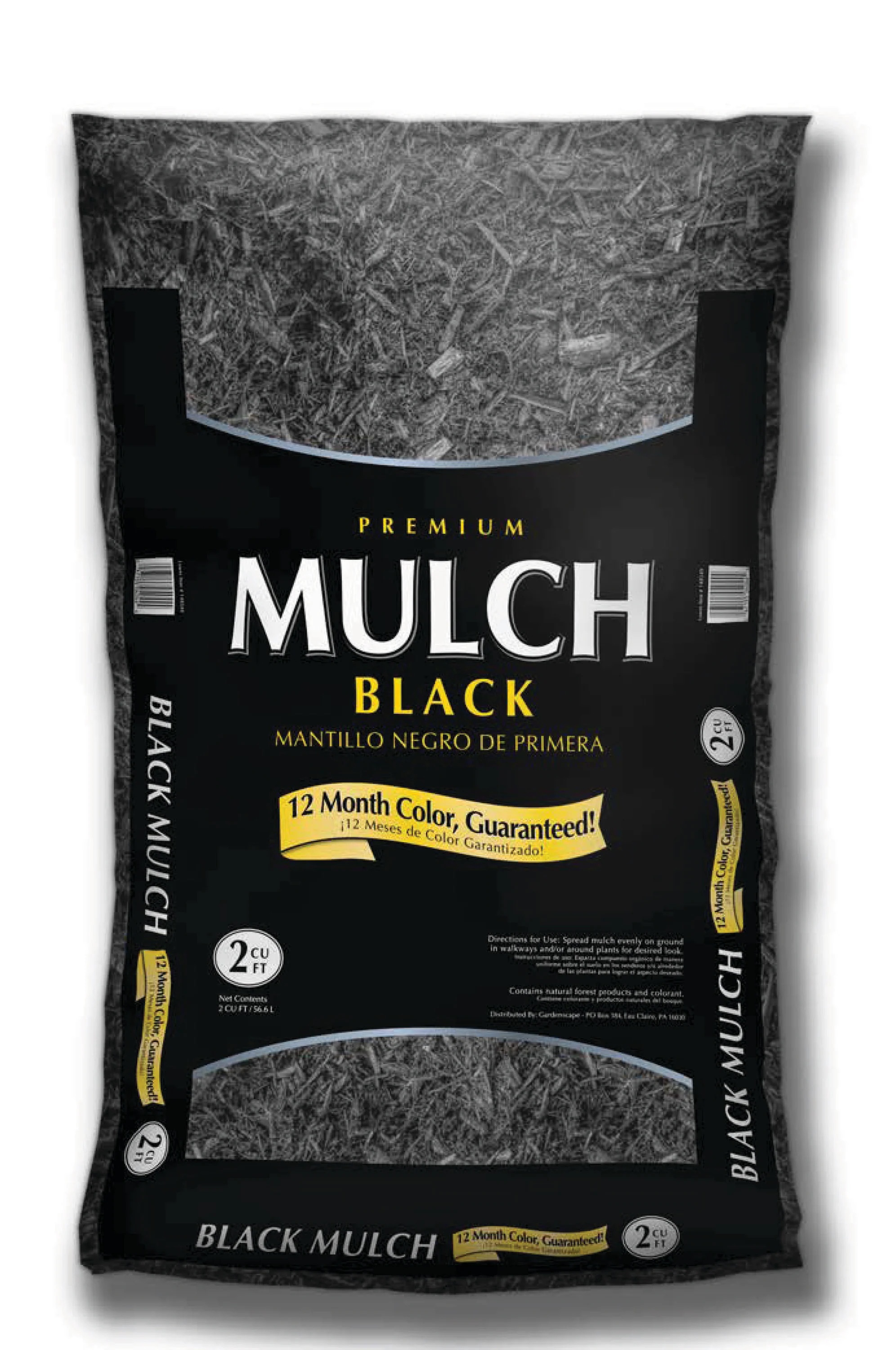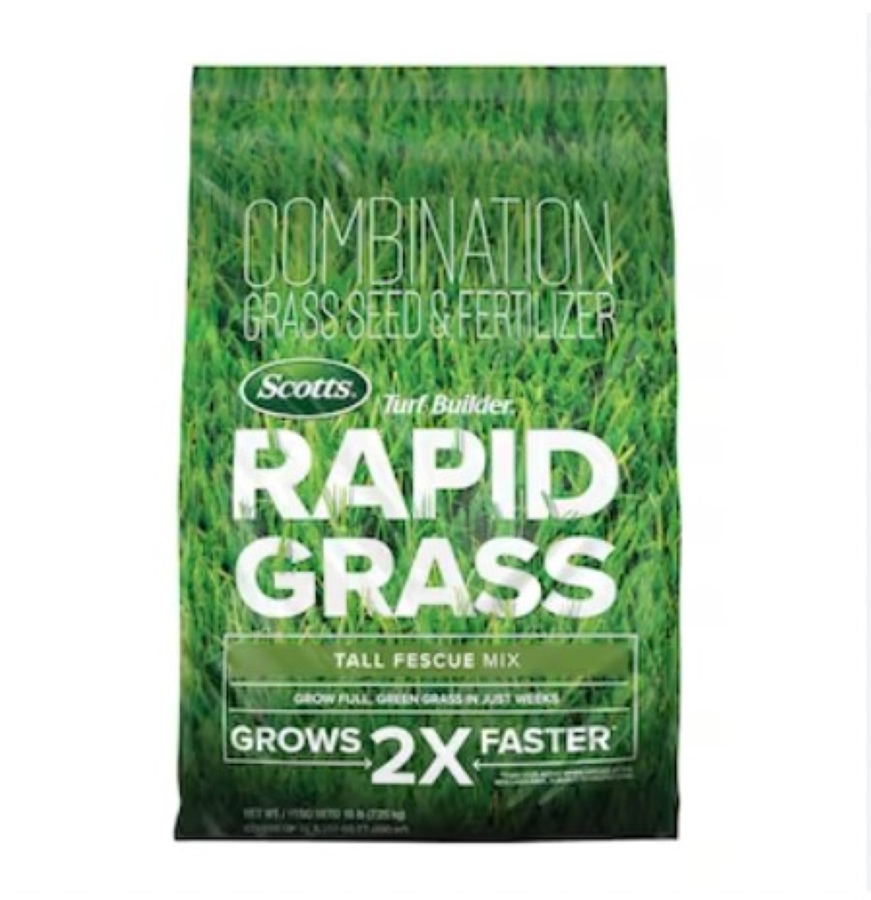Should I feed my plants during fall? What to fertilize, and what not to, this season
Discover the one thing you need to be giving your plants to ensure they stay healthy

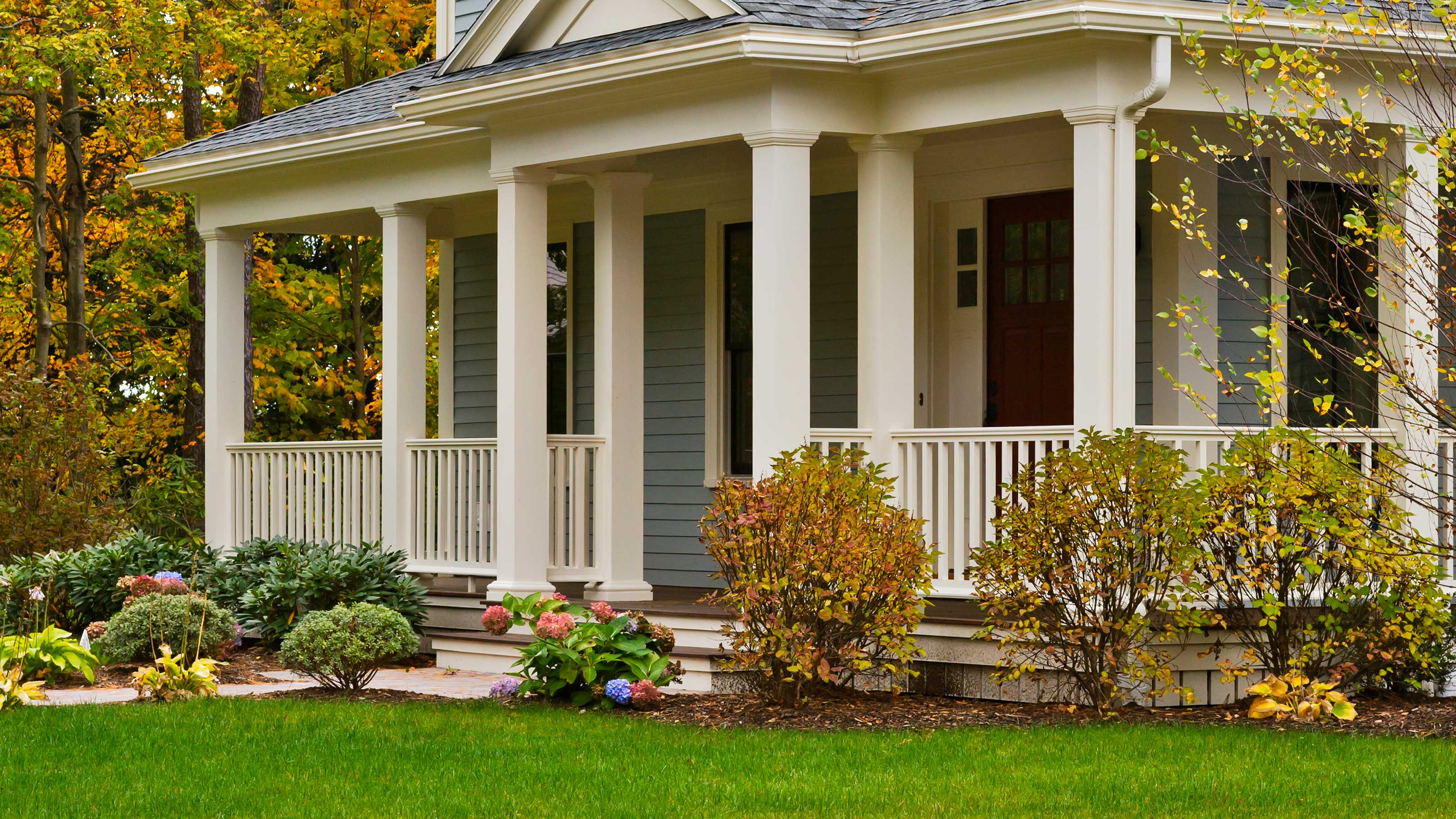
The Livingetc newsletters are your inside source for what’s shaping interiors now - and what’s next. Discover trend forecasts, smart style ideas, and curated shopping inspiration that brings design to life. Subscribe today and stay ahead of the curve.
You are now subscribed
Your newsletter sign-up was successful
We spend so much of the year preparing for the summer season in our backyard that it's all too easy to neglect our gardens when it comes to the fall.
But, fall is a crucial period for your plants. It is important that you give them the necessary attention to ensure their health is maintained through the colder months to guarantee a flourishing return in spring, ready to execute all your new backyard ideas.
One of the biggest questions most amateur gardeners have when it comes to caring for their plants this season is whether you should fertilize plants. Is it a good idea? Does it make sense to do at this time of year? We asked expert gardeners for their advice on feeding plants during fall and here is what they had to say.
Should I be feeding my plants during fall?

There is a lot of conflicting information out there that can be overwhelming when it comes to fertilizing during fall. It can also be one of the top gardening mistakes made by beginners.
All plants have different needs, some require extra water during summer, others are drought tolerant, and the same is true with feeding during fall. 'Fertilizing in the fall can be beneficial for certain plants,' says Ward Dilmore, landscape designer and founder of Petrus Landscape. 'Fall fertilization helps plants to prepare for the winter months and as a prelude to to following growing season by building up nutrient reserves and strengthening their roots,' he explains.
Perennial flowers and bulbs require fall fertilization to help them recoup and prepare for their on season. 'Fertilizing perennials like tulips and daffodils during fall promotes strong root development and better flowering in the spring,' Ward explains. However, it is not beneficial for all plants.
Which plants don't need fertilizing?
Although it can be beneficial for some plants, it is not necessary for all. 'Keep in mind that not all plants require fall fertilization,' says Ward, 'and some may even be harmed by it.
The Livingetc newsletters are your inside source for what’s shaping interiors now - and what’s next. Discover trend forecasts, smart style ideas, and curated shopping inspiration that brings design to life. Subscribe today and stay ahead of the curve.
It is important to consider the needs of your specific plants before feeding aimlessly. A perennial will have different requirements than when to fertilize fruit trees or shrubs, as an example. 'For instance, succulents and warm-season grasses should not be fertilized in the fall,' says Ward. 'Always research the specific needs of your plants and take into account your local climate and growing conditions when deciding whether to fertilize in the fall.'
What do plants need during Fall?
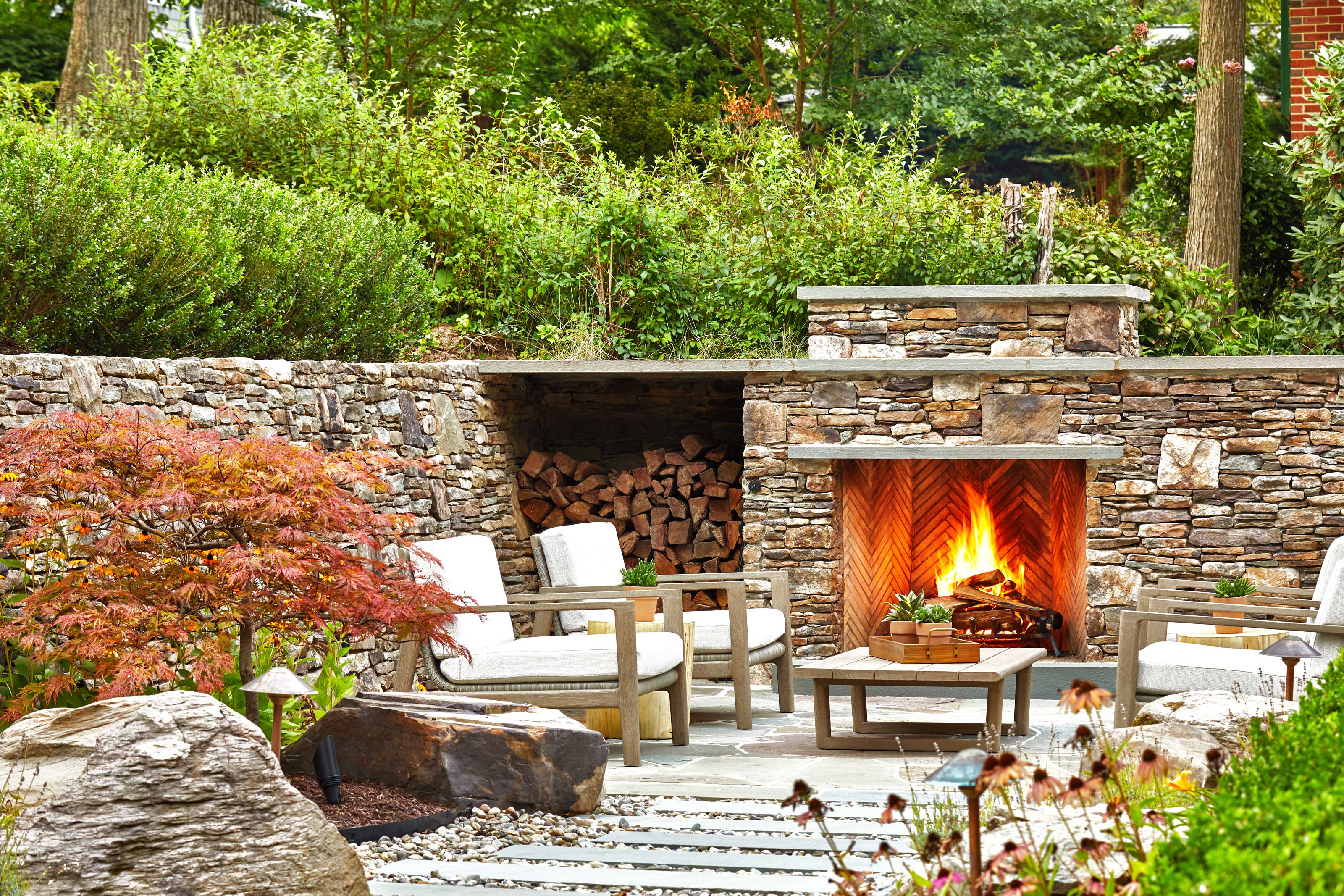
Before you grab the fertilizer you've been using all summer, you should also know that the type of fertilizer you use also requires some consideration. The needs of your backyard during fall and winter are different from those in spring and summer and therefore require alternative solutions.
'For the same reason we don't drink coffee before going to bed, we should not be applying high-nitrogen fertilizer to our plants in the fall,' says horticulturist and botanical designer Nathan Heinrich. 'Because most plants are preparing for dormancy, or at least a much-needed rest in the fall, this is not the time to pump them full of nitrogen which promotes new green growth. Rather, this is the season for phosphorus, potassium, and other minor trace elements,' he explains.
Giving your plants a jolt of nitrogen confuses your plants resulting in harm to the health of your yard, therefore refrain from using high nitrogen fertilizers. 'Instead opt for a balanced, slow-release fertilizer with equal or near-equal proportions of essential nutrients like nitrogen (N), phosphorus (P), and potassium (K),' says expert gardener and found of The Plant Bible, Zahid Adnan. 'This provides a well-rounded diet for your plants.' One option for organic fertilization is mulching your backyard, which can be particularly useful if you have a dry yard.
This fertilizer combination will help your plants to transition smoothly into their dormant state whilst supporting their health.
When should I feed them?
Timing is everything in gardening, especially when it comes to things like fertilizing plants, and as you may have realized by now September is an important time for your backyard. As fall approaches your garden starts to go through changes in preparation for the cold. This process can be supported by strategically timed feeding.
'You should apply fertilizers in early fall,' advises Zahid, 'typically around late September.' This time allows them to absorb the nutrients before winter sets in and they go into survival mode. This is similar to your September lawn care routine.
Once the harsh winter is upon us, stop fertilizing entirely and leave your plants to do their thing. It won't be long until spring and you can reap the rewards of your hard work.
You might need

Formerly a news writer for Livingetc, Amy completed an MA in Magazine Journalism at City, University of London, and has experience writing for Women’s lifestyle publications across arts, culture, and beauty. She has a particular love for the minimalist aesthetic mixed with mid-century furniture, especially combining unique vintage finds with more modern pieces. Her previous work in luxury jewellery has given her a keen eye for beautiful things and clever design, that plays into her love of interiors. As a result, Amy will often be heard justifying homeware purchases as 'an investment', wise words to live by.
